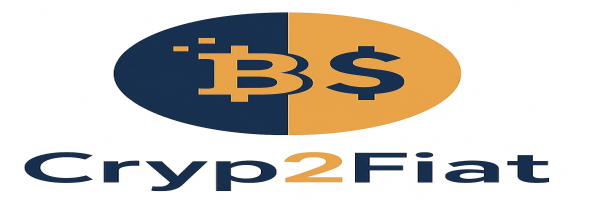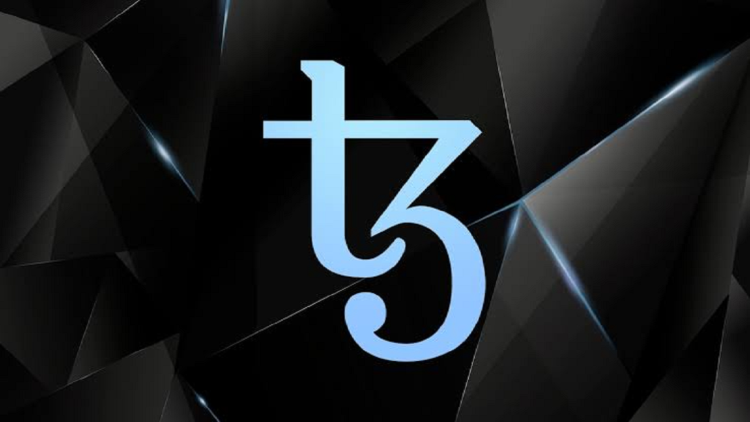What Is eCash (XEC)?
eCash (XEC) is the rebranded version of Bitcoin Cash ABC (BCHA), itself a fork of Bitcoin (BTC) and Bitcoin Cash (BCH). It calls itself a “cryptocurrency that’s designed to be used as electronic cash.” eCash strictly aims to be a means of transaction used to pay for goods and services. The coin was rebranded on July 1, 2021, and has since tried to distinguish itself from its predecessor. The base units of eCash are called “bits” and replace the unwieldy decimal places of Bitcoin Cash ABC. Instead of sending 0.00001000 BTC, you would send 10 bits with eCash. ECash integrates a proof-of-stake (PoS) consensus layer called “Avalanche,” which is not to be mistaken for the blockchain Avalanche (AVAX). Upon rebranding, eCash announced that it would convert all BCHA coins to XEC at a ratio of one to one million. The cryptocurrency’s developers have set their sights on three main improvements: Scaling transaction throughput from 100 transactions per second to more than five million transactions per second Improving the payment experience by reducing transaction finality time Extending the protocol and establishing fork-free upgrades
Who Are the Founders of eCash?
eCash (XEC) is led by its lead developer Amaury Sechet, who was the lead developer of Bitcoin Cash (BCH) and forked that blockchain to establish the predecessor of eCash, Bitcoin Cash ABC (BCHA). That fork happened on November 15, 2020. Sechet then decided to rebrand Bitcoin Cash ABC to establish a new brand identity for eCash, explaining that a reduction of decimal places would help with the adoption of the coin: “No other money has eight decimal places. Why should crypto? Cryptocurrencies with a lower unit price also enjoy higher bull market appreciation. Because the eCash team is incentivized by both tech and price improvement, this improvement was a no-brainer.” Sechet was highly active in the development of Bitcoin Cash, leading its initial fork away from Bitcoin in August 2017, its continuation after Bitcoin SV (BSV) was forked from it in November 2018, and its most recent fork from Bitcoin Cash in November 2020. Before his involvement in cryptocurrencies, he was a software engineer at Facebook and a lead developer at Stupid D Compiler.


 Chinese Yuan
Chinese Yuan
 Emirates Dirham
Emirates Dirham
 American Dollar
American Dollar
 Swiss Franc
Swiss Franc









